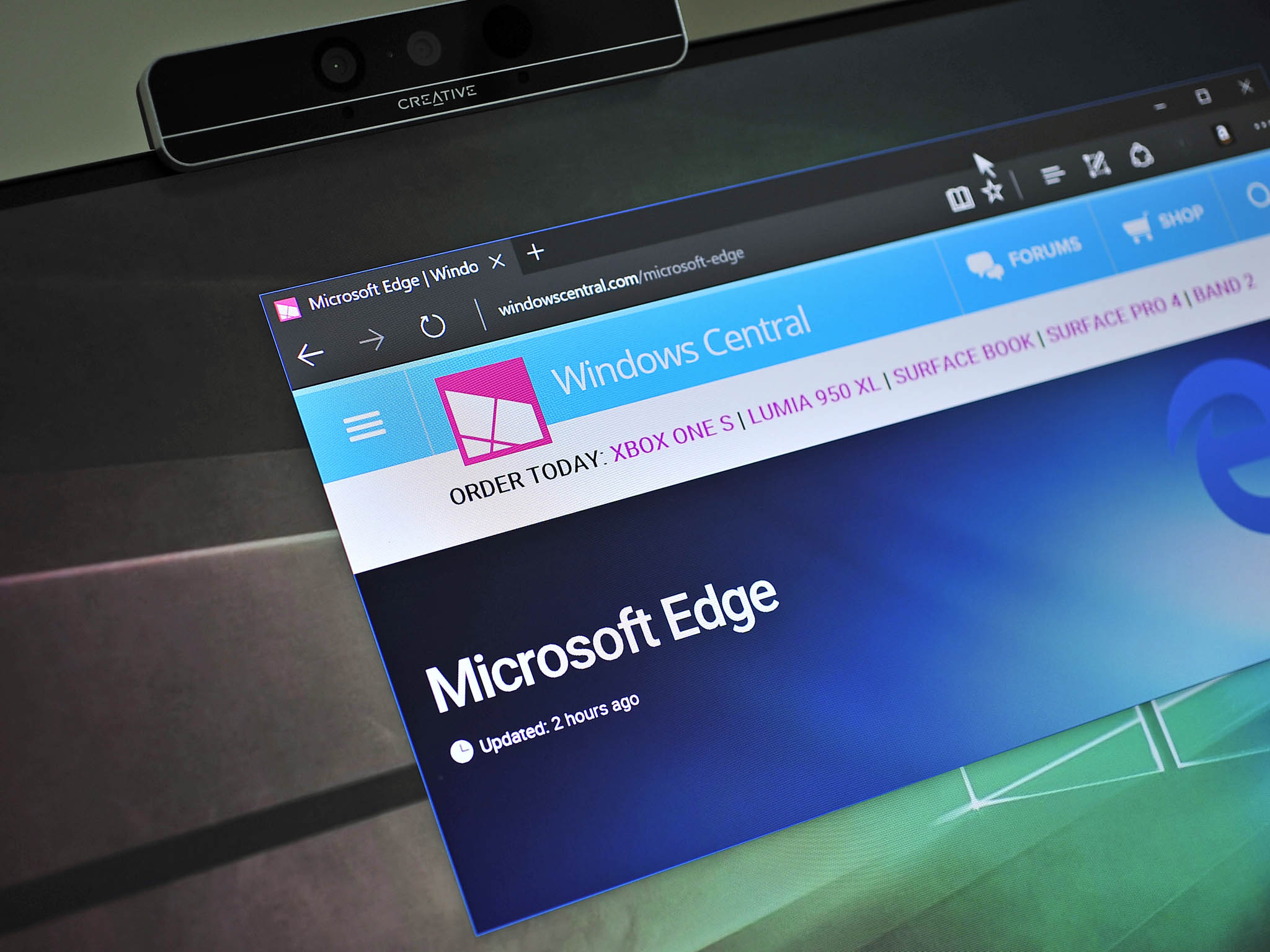Microsoft Edge takes top spot over Chrome and Firefox in new security report

All the latest news, reviews, and guides for Windows and Xbox diehards.
You are now subscribed
Your newsletter sign-up was successful
According to a new browser security report, Microsoft Edge is more effective than both Chrome and Firefox at protecting users from some malicious threats. The report, which comes from NSS Labs (via Betanews), seeks to compare the three major browsers and their effectiveness at countering socially engineered malware (SEM) and phishing attacks.
According to the results presented in the report, Microsoft Edge was the most successful, catching 91.4% of phishing URLs and blocking 99% of SEM samples. Chrome followed up with 82.4% and 85.8%, respectively. Meanwhile, Firefox managed to catch 81.4% of phishing URLs and 78.3 of SEM samples. Given that this is the first time Edge was a part of this monthly test, those are some pretty impressive results.
For those curious, the testing took place over the course of September and October, and included Microsoft Edge version 38.14393.0.0. As for the other browsers, the Chrome version used was 53.0.2785, while the version of Firefox tested was 48.0.2. If you're interested, you can download NSS Labs' full report for more.
All the latest news, reviews, and guides for Windows and Xbox diehards.

Dan Thorp-Lancaster is the former Editor-in-Chief of Windows Central. He began working with Windows Central, Android Central, and iMore as a news writer in 2014 and is obsessed with tech of all sorts. You can follow Dan on Twitter @DthorpL and Instagram @heyitsdtl.
